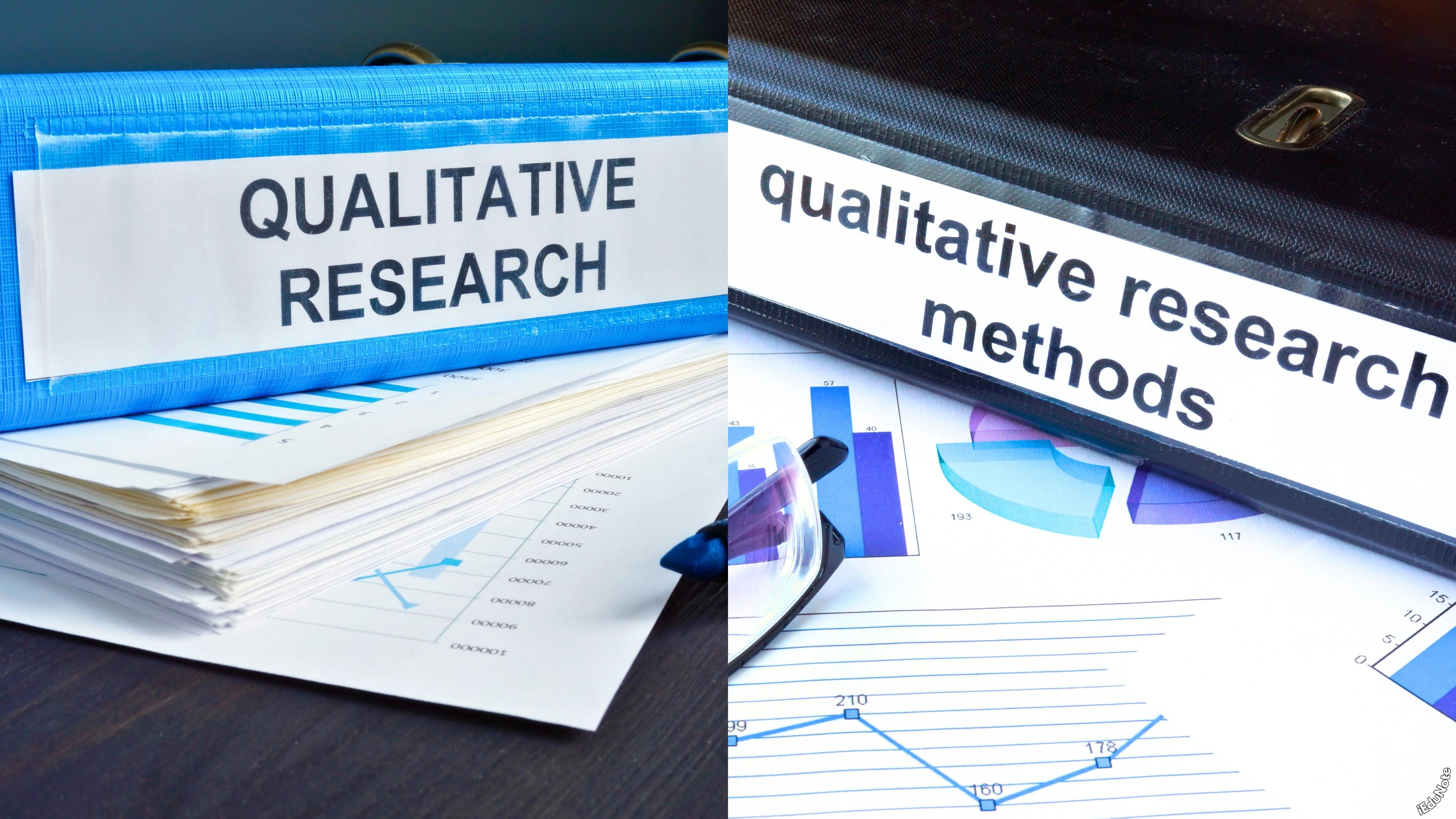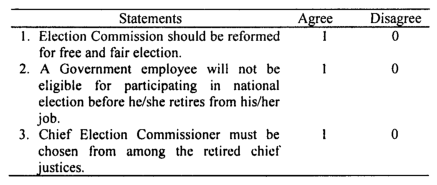Rapid rural appraisal (RRA) is an extractive research methodology consisting of systematic, semi-structured activities conducted on-site by a multidisciplinary team to quickly and efficiently acquire new information about rural life and rural resources.
As a social science approach, Rapid Appraisal Technique emerged in the late 1970s. The basic idea of the Rapid Appraisal Technique is to quickly collect, analyze, and evaluate information on rural conditions and local knowledge.
This information is obtained in close cooperation with the local people. As a result, the research methods had to be adapted to local conditions.
They especially had to meet the communication needs of people who could not read and/or write or who were not used to communicating in scientific terms or professional jargon.
Several tools were developed or improved, such as mapping, diagramming, and ranking, to gather information for decision-makers in development agencies.
One of the key principles of the Rapid Appraisal Technique is the visualization of questions and results using locally understandable symbols. The main reason for creating the Rapid Appraisal Technique was to save money by avoiding costly and time-consuming research procedures.
In most cases, Rapid Appraisal Technique is carried out by a small team of researchers or trained professionals in one to three days in a workshop.
The role of the local population in the Rapid Appraisal Technique is to provide relevant local knowledge for research purposes and development planning. The Rapid Appraisal Technique team manages the process and maintains the power to decide on how to utilize this information.
The Rapid Appraisal Technique methodology is primarily developed to generate results of less apparent precision but greater evidential value than classic quantitative survey techniques.
Rapid Appraisal Technique techniques require the researchers to talk extensively and informally with rural people and to observe local conditions.
Its chief claim is to train and skill a team of like-minded researchers to interact with one another in a rural context to learn from the experience, to use the qualitative data collected, and to help all interest groups for future development planning and action.
In Rapid Appraisal Technique interviews, interviewees are not respondents to a questionnaire but active participants in a semi-structured interview.
Researchers often use a checklist of issues as a basis for questions, not necessarily addressing all questions in each interview and sometimes departing from the basic questions to pursue interesting, unexpected, or new information.
The method, however, does not need to be exclusively rural or rapid, but it is economical for the researcher’s time. It is essentially extractive as a process: the agenda is still that of the outside researchers (urban professionals).
More formally, the Rapid Appraisal Technique can be defined as a qualitative survey methodology using a multidisciplinary team to formulate problems and set hypotheses for agricultural research and development.
The term ‘qualitative’ refers to the descriptive type of data collected and is concerned with the quality of observation or idea.
The term ‘survey’ is used loosely to mean that data is gathered from people in the field and filtered through the perceptions of the research team. The sample concept is also loosely applied in that the data are gathered until patterns and understanding emerge.
‘Methodology’ means that a rigorous research process has been adhered to. A ‘multidisciplinary team’ of up to ten people from diverse disciplines and backgrounds should be recruited to provide a range of perspectives and perceptions through which data can be analyzed and interpreted.
Researchers are encouraged to keep an open mind about potential research questions and where the solutions could lie.
‘To formulate’ means to define or describe problems from a range of perspectives, including recognition of the importance of local knowledge.
Local people have a claim on the information collected and should be involved in determining any action which emerges. “Research and Development” aims to improve conditions for the people and the land.
Rapid Appraisal Technique methodology owes much of its early development to Farming System Research and Extension, as the Consultative Group on International Agricultural Research Centers (CGIAR) promoted.
The rapid Appraisal Technique was developed in response to the disadvantages of more traditional research methods, including the time taken to produce results, the high cost of formal surveys, and the low levels of data reliability due to non-sampling errors.
The rapid Appraisal Technique bridges formal surveys and unstructured research methods such as in-depth interviews, focus group discussions, and observation studies. In developing countries, applying the standard marketing research techniques employed elsewhere is sometimes difficult.
There is often a paucity of baseline data, poor facilities for marketing research (e.g., no sampling frames, low literacy among the majority, and trained investigators), and a lack of appreciation of the need for marketing research.
The nature of the Rapid Appraisal Technique is such that it holds the promise of overcoming these and other limitations of marketing research.
The distinction between Rapid Appraisal Technique and other research methods depends upon its multidisciplinary approach and the particular combination of tools it employs.
A core concept of the Rapid Appraisal Technique is that research should be carried out not by individuals but by a team of preferably gender-balanced members drawn from various appropriate disciplines.
Such teams are intended to comprise members with relevant technical backgrounds and others with social science skills, including marketing skills.
In this way, it is thought that the varying perspectives of the Rapid Appraisal Technique research team members will provide a more balanced picture. The techniques of the Rapid Appraisal Technique include:
- Interview and question designing techniques for individual, household, and key informants
- Methods of cross-checking information from different sources
- Sampling techniques that can be adapted to a particular objective
- Methods of obtaining data in a short time frame
- Group interview techniques, including focus group discussions
- Methods of direct observation at the side level, and
- Use of secondary data sources.
The application of the Rapid Appraisal Technique has been quite wide as regards rural development, for example, in health, nutrition, emergencies and disasters, non-formal education, agro-forestry, natural resource assessment, and sociology approaches.
Thus the term ‘rapid appraisal’ does not refer to a single technique but a range of investigation procedures.
Their chief characteristics are that they take only a short time to complete, tend to be relatively chief to carry out, and use more ‘informal’ data collection procedures.
The techniques rely primarily on expert observation and semi-structured interviews of farmers, local leaders, and officials.
In sum, the techniques of the Rapid Appraisal Technique have much in common with the social anthropologist’s case study approach. Still, they are extended over a period of weeks, or at most months, rather than extending over several years.
To date, Rapid Appraisal Technique has mainly been used in the field of rural development as a short-cut method to be employed at the feasibility stage of project planning.

